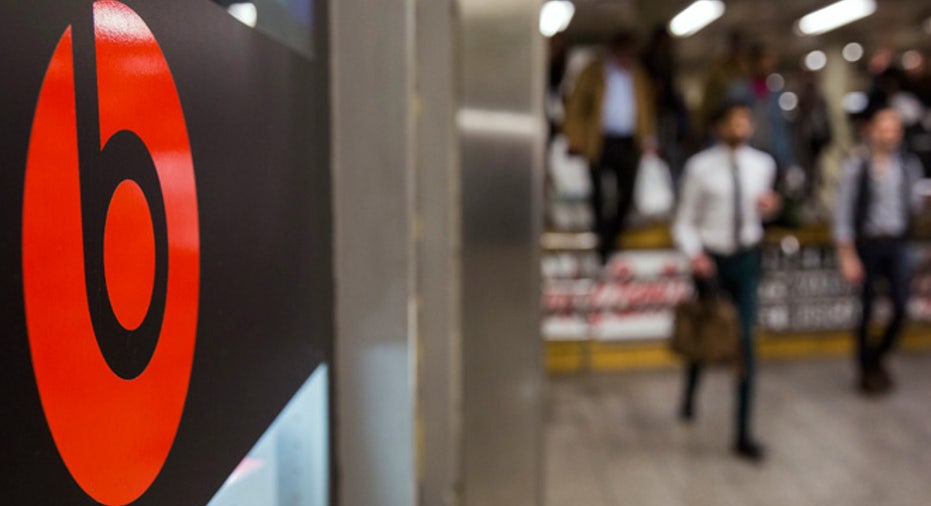Apple’s Right to Dump Monster Over Beats Suit

Sometimes you hear a tragic story about a lopsided business deal where the little guy gets crushed by a big bad corporate behemoth. All you can do is shake your head at the unfairness of it all.
In my opinion, this is not one of those stories.
The saga of how a family owned audio accessory company, ironically named Monster, got beat by Beats Electronics, the eponymous headphone maker acquired last year by Apple for $3.2 billion, still has me shaking my head. I simply can’t believe how many shockingly dumb business decisions one CEO can make.
Here’s a short version of a long back-story reported by Gizmodo: Monster founding CEO Noel Lee sent his son Kevin to single-handedly negotiate an agreement with Beats’ cofounders – rapper Dr. Dre and music industry mogul Jimmy Iovine (also chairman of Interscope Records) – and their hoard of high-priced attorneys.
That was Lee’s first mistake and it was a big one. Outmanned, outgunned, outmaneuvered and desperately needing to close a deal – any deal – to recoup millions he shouldn’t have invested in prototypes and marketing, Kevin gave away the store in what had to be about the most lopsided deal in business history.
According to the agreement, Monster would develop, manufacture and distribute the Beats by Dr. Dre line of headphones, while Dre and Iovine would own all the product and the rights. The only exception was the intellectual property (IP) rights, but soon enough, they would get that too.
In 2011, Beats sold 51% of the company to Taiwanese smartphone maker HTC for $300 million, then bought back half that share a month later. That triggered a change-of-control clause that transferred all IP rights for the headphones to Beats. That was just about all Monster had to show for its efforts, except for a 5% stake in the company.
That’s when Lee made his second mistake. That too, was a big one. Now that Beats had control of pretty much everything, Lee sold his stake in the company. But if he had just held onto his share until after the Apple acquisition, he would have been more than $100 million richer.
That, I believe, led Lee to his third mistake, suing Apple’s Beats unit in January of this year. The complaint alleges that Beats fraudulently attained the headphone product line and IP through a “sham transaction” with HTC. It also claims that Lee was duped into selling his share in the company ahead of the Apple deal.
Even if Monster prevails in the suit, I doubt it will be worth what the company has since lost. Apple didn’t take kindly to the suit and predictably revoked Monster’s right to make licensed accessories under its MFi (Made for iPhone/iPod/iPad) program, affecting nearly 25% of Monster’s products.
Monster’s general counsel David Tognotti made the company’s fourth mistake, throwing gasoline on the fire by telling the Wall Street Journal that the tech giant’s reaction “shows a side of Apple that consumers don’t see very often,” he said. “Apple can be a bully.” He further said that Apple inherited the suit and wasn’t named directly, implying that it shouldn’t have terminated the relationship.
Really? As I see it, Tognotti has the causality backwards: Monster sued Beats after it was acquired by Apple. You can’t parse the fact that Monster sued Apple. If I’m Apple, I see that as the relationship-ending move. Apple didn’t overreact. Apple didn’t bully. What Apple did was get rid of a partner that chronically makes shockingly bad business decisions and calls itself a victim.
Had Lee learned from his first two mistakes and moved on, that would have been the smart thing to do. Instead, he made matters far worse and has now lost his relationship with Apple. And taking this victim mentality to the media instead of taking responsibility for his own bad decisions has tarnished Monster’s brand and diminished the possibility that Apple might reconsider its decision.
All I can do is shake my head and wonder how many more ways Lee and Monster can be their own worst enemy.



















